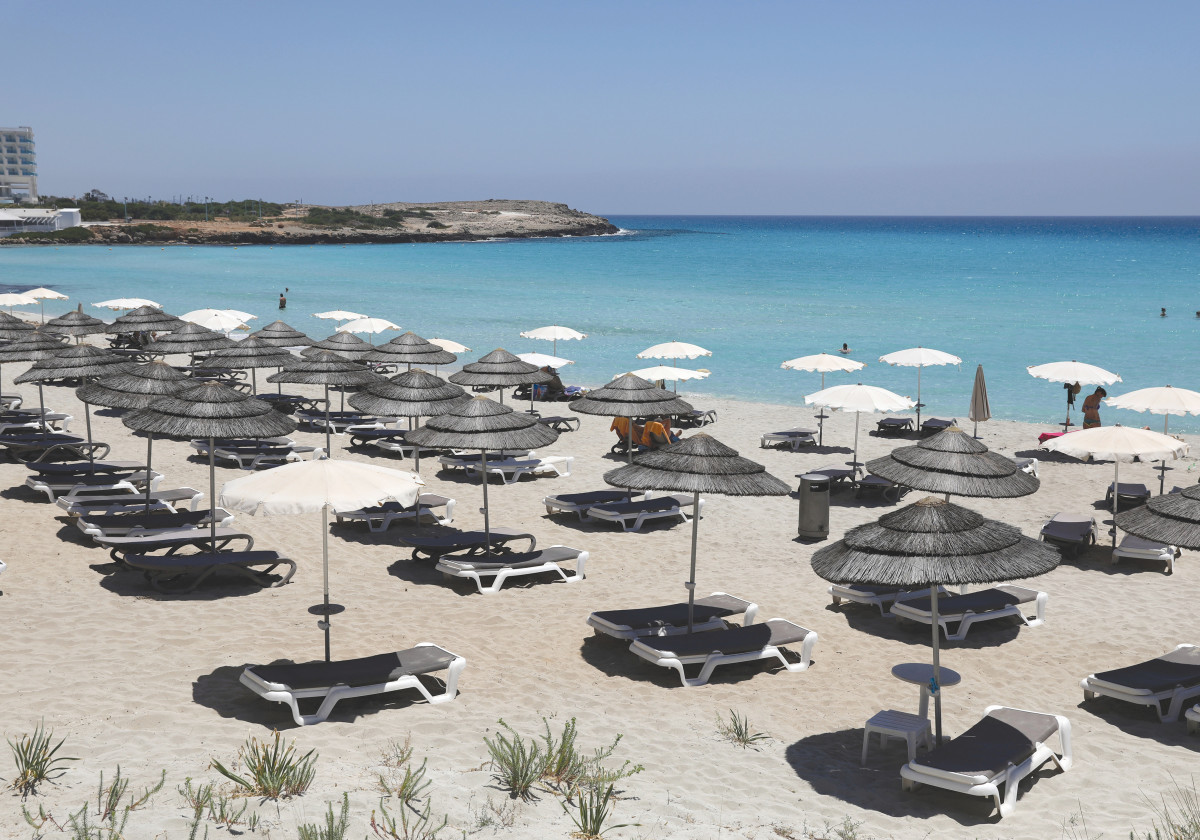The tribunal ruled in compensation of € 20,000 for a young woman, who was 18 at the time of the incident, plus € 5,000 due to legal expenses. The judges determined that Cyprus violated Article 3 (lack of effective investigation) and section 8 (the right to respect for a private and family life) in the European Convention for Human Rights.
The British young woman, known as “X” in court documents, originally complained to the Cyprus police that he was raped by 12 young Israelis. However, after hours of police investigation and without legal representation, she returned from her accusations – which she claimed was under pressure. As a result, instead of investigating rape claims, the Cypriot authorities referred the investigation against her. She was charged with “public disorder”, convicted, and received a four -month probation sentence.
After returning from the complaint, the 12 Israeli suspects were released from detention, returning to Israel without continued legal proceedings against them. Some of the Israeli young people claimed to have had intercourse with the British young woman, but all of them strongly denied rape accusations.
In 2022, about three years after the incident, the Cyprus Supreme Court canceled the original conviction of the British young woman on the grounds that the conviction for public disorder was without proof.
The European Human Rights Law Highly emphasized significant failures in the Cypriot investigation, including problems in the formal investigation and “the failure of the authorities in the central mission of the examination of the mother’s examination” was “for sexual relations.
The ruling explicitly states that “neither the chief investigator nor the Cyprus’s (Cyprus) prosecutor’s advisor dealt with a significant exam of the evidence that could indicate the absence of consent.” The judges also stated that the Cypriot authorities accepted the statements of Israeli suspects who did not occur “as an absolute value”, without examining them in depth.
The ruling acutely criticized the authorities in Cyprus, stating: “The present case reveals certain prejudice towards women in Cyprus, which failed the effective protection of the applicant’s rights as a gender violence, and, if not repaired, risk the creation of a punctual exemption, and in violation of the victims’ trustees.”
The Tribunal added that “the response of the investigative and prosecution authorities’ rape claims in the present case did not comply with the state’s positive commitment to implement the relevant criminal provisions through an investigation and effective claim.”
Not surprisingly, as reported in BBC, the case sparked rage among women’s rights activists around the world, claiming that the British young woman was treated as charged with a victim. Human rights activists have argued throughout the affair that the authorities in Cyprus acted in a biased and unprofessional manner, and that the case was influenced by political and economic considerations, due to the tourism and trade relations between Cyprus and Israel. The European Human Rights’ judgment has a criticism of this criticism and imposes a heavy shadow on the conduct of the law authorities in Cyprus, and how Israeli suspects were treated in the case.
The Justice ABROAD, who represented the British young woman throughout the proceeding, welcomed the ruling. The organization’s director Michael Polk told BBC: “This is a groundbreaking decision for sexual violence victims.
Polk added: “Following our victory in the case of X against Greece, where the court found that the Greek authorities did not defend the rights of rape victim, this case further reinforces the procedural defenses to sexual violence in Europe.” He urged the Cyprus Republic General Plaintiff to reconsider his decision and order a proper investigation through external researchers, stating that “a suitable framework should be developed for questioning and prosecution of sexual offenses in Cyprus.”
